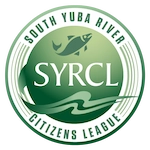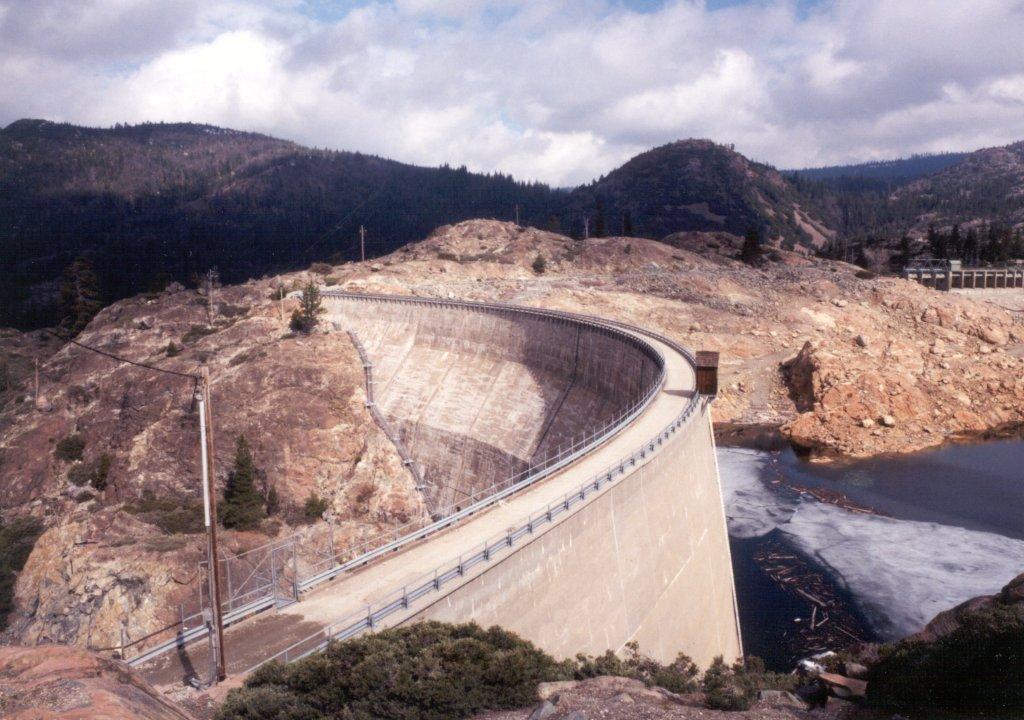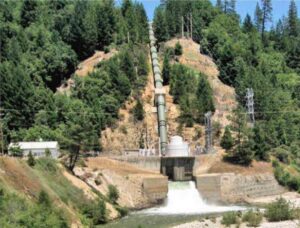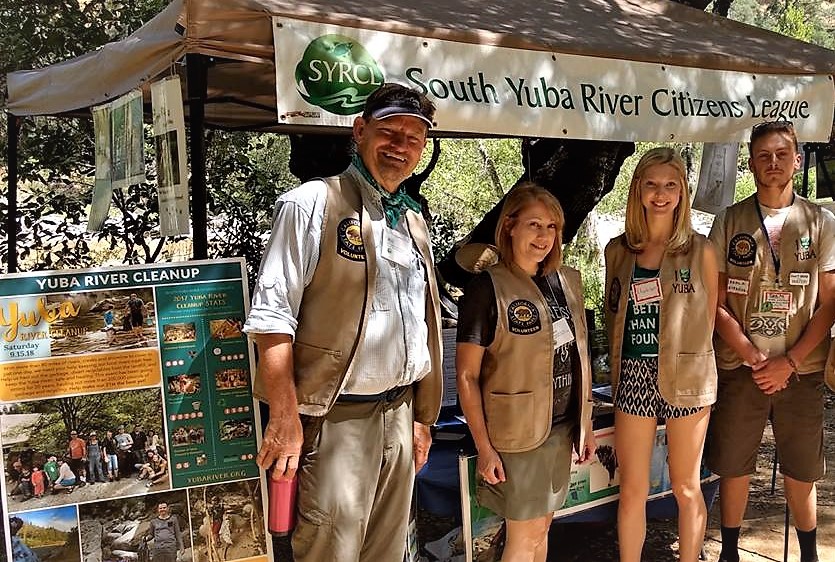SYRCL Submits Comments to Federal Commission Re-Licensing Dams on the South and Middle Yuba Rivers
For the past fifty years, dams in the upper South Yuba and Middle Yuba River watersheds have diverted 70% of the water to generate electricity and supply water to southern Nevada and Placer counties. These dams have been operated under federal licenses that precede environmental regulation and ecological science. Now, new licenses are being drafted with input from state and federal resource agencies, SYRCL and others.
SYRCL and a coalition of conservation groups provided comments this week to the Federal Energy Regulatory Commission (FERC) on a Draft Environmental Impact Statement for new licenses that will guide the operations of hydroelectric projects on the upper Yuba River, Bear River and other local streams for the next thirty to fifty years.
Over the last six years, SYRCL has prioritized the dam relicensing negotiations, investing thousands of hours of staff and volunteer time to ensure more natural flows to the river and creeks below dams owned and operated by the Nevada Irrigation District (NID) and Pacific Gas & Electric (PG&E). The dams, diversions and associated facilities are officially called the Yuba-Bear Project and Drum-Spaulding Project, respectively, and SYRCL is also engaged in other dam relicensing work for the protection and restoration of the Yuba River watershed.
“These federally licensed projects have substantial effects on stream flows, water quality, and populations of fish, frogs and other stream biota” said Gary Reedy, SYRCL’s River Scientist. “Considering the scale of these projects and the aquatic resources at stake for the next 50 years, the new licenses are the single most important opportunity we face to improve river conditions.”
Over the course of ongoing negotiations, the parties have agreed to a number of improvements to stream flow below dams, and increased recreational opportunities. However, SYRCL and the Foothills Water Network (Network), a coalition of conservation groups, continue to advocate for additional water releases to support healthy native fish populations. The Network also argues that the National Environmental Protection Act (NEPA) requires FERC to examine how these projects may need to operate differently when salmon are introduced above Englebright Dam, or when the amount and timing of snowpack runoff further shifts as result of climate change. In addition, the Network seeks a commitment from the licensees to build a Bear River trail so that the public can enjoy access to new recreational opportunities in the Bear River canyon, as well as to provide support for adequate toilets at high-use areas on the South Yuba River.
FERC staff came to Auburn last week and heard oral statements from regional officials, representatives of the Network, and SYRCL’s Science Director, and volunteers. SYRCL volunteer Rorie Gotham spoke of her first-hand experience in seeing cold-water dependent trout perish in the South Yuba River during the heat of summer, and how the town of Washington could benefit economically from a healthy trout fishery sustained by dam releases. The point was supported by statements from two representatives of the Gold Country Fly Fishers. Peter Burns, a steadfast SYRCL volunteer on dam relicensing, incisively explained how the draft report did not adequately analyze effects of the project on salmon and steelhead, and then handed FERC staff from Washington a copy of their own manual on NEPA, which he asserted they had not followed.
The Network’s 60-page comments to be submitted to FERC this week provide detail on the shortcomings of the Draft Environmental Impact Statement, and specifics of how FERC should revise the analysis. The Network’s comments summarize the praise-worthy agreements that have been reached, including substantially increased minimum stream flows, and rules for dam operation that mimic the natural snowmelt recession during spring. SYRCL will continue to work with the Network and other relicensing participants to ensure a satisfactory outcome.
“Hydro-power is a renewable resource of great value, and the new licenses must ensure that it is produced in a manner that protects human activity and the river,” said Caleb Dardick, SYRCL’s Executive Director. “These new licenses will be in place for decades so they must secure environmental needs and allow for the re-introduction of salmon to the upper Yuba River watershed.”
Did you enjoy this post?
Get new SYRCL articles delivered to your inbox by subscribing to our ENews.




